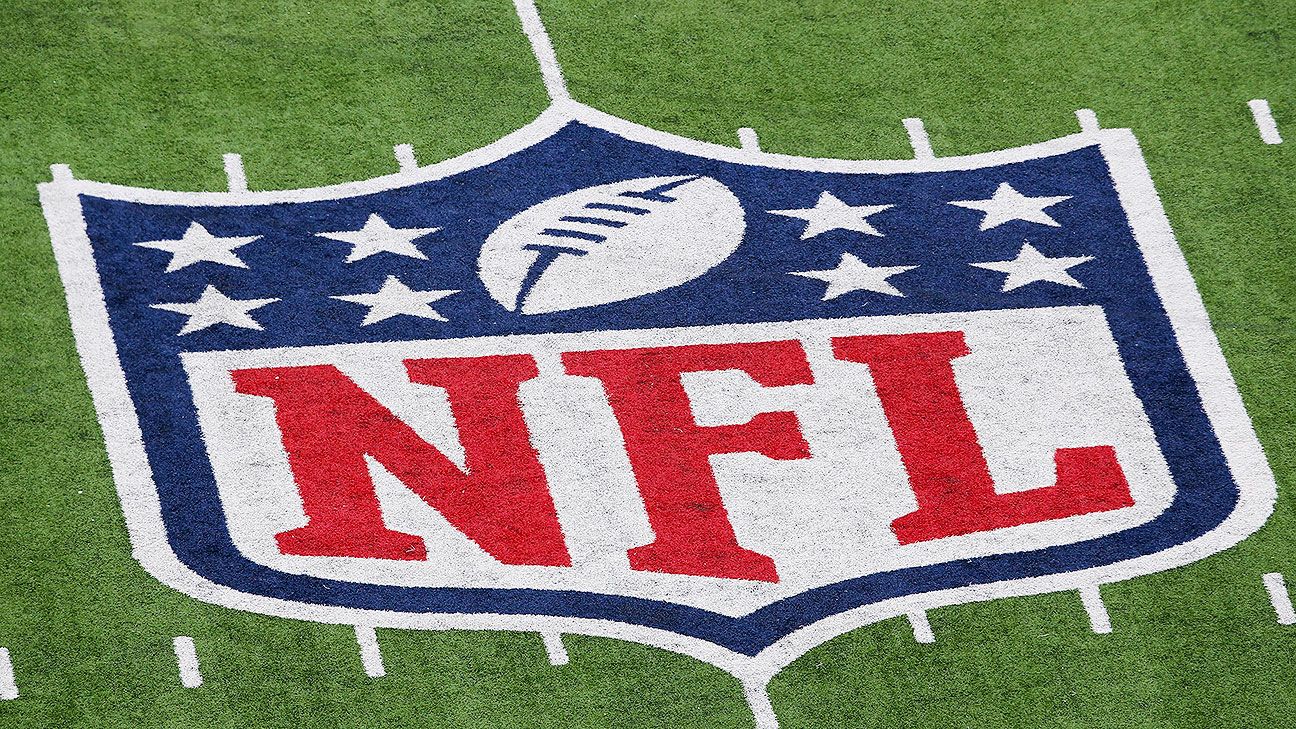Some doctors tasked with assessing the eligibility of former NFL players to compensate for the league’s 2013 concussion deal fear that the testing process and protocols will discriminate against black players, an ABC News investigation published on Wednesday found.
The New York Times reported in August that two former black players – defensive edge Kevin Henry and running back Najeh Davenport – filed a lawsuit against the NFL, accusing the league of discriminating “explicitly and deliberately” against black players on grounds of dementia. claims.
What is at issue is a process called “racial normatization”, which has been used by scientists for decades as a way of correcting the lower levels of education often found in minority communities. It was designed to prevent overdiagnosis of cognitive impairment in these communities, but according to the Henry and Davenport process, when applied to the NFL concussion agreement, it is having the opposite effect – making it more difficult for players to experience cognitive decline.
When former players file a claim for compensation, they undergo a battery of tests to measure their cognitive functioning. These scores are compared to a baseline score, or “norm,” designed to represent a normal level of cognitive functioning. If the score falls well below this standard, the player is eligible for compensation. But the standard for black players is lower than for white players.
Although race adjustment is not a requirement for doctors who evaluate former players, according to ABC News, the manual describing the testing protocols recommends a “complete demographic correction” that includes age, sex and race.
According to ABC’s findings, which in part depended on e-mails from a professional mailing list service, some doctors involved in the deal are now questioning whether the recommendation of adjusting for race is in practice a requirement.
The doctors, ABC’s investigation found, wrote that the league’s protocols replaced their professional judgment, sometimes leading to a “drastically different outcome” for former players seeking help.
In the emails reviewed by ABC News:
• A neuropsychologist stated that the league program manual did not offer such flexibility: “I don’t think we have freedom of choice,” wrote the clinician. “If we do, apparently many of us will do everything wrong.”
• Another wrote about his possible complicity in a system that perpetuated “racial inequality” in payments: “Especially in … our current state of affairs, I am realizing and feeling sorry for my guilt in this inadvertent issue of systemic racism”, the clinician wrote. “As a group, we could have been better defenders.”
• Another claimed that although their “necessary confidence in these standards is spelled out in the manual”, it was still up to them to consider the consequences of their compliance: “The main point is that the rules discriminate against black players,” said the clinician I wrote. “What now? In this time of evaluation, like many professions, I think we need to look closely at the expected and unexpected ramifications of our practices.”
The NFL contested the findings, saying in a statement that the concussion agreement was “agreed by all parties, with the assistance of neuropsychological clinical experts, and approved by the courts for more than five years” and “relied on widely accepted and long-established time cognitive tests and scoring methodologies. “
“The agreement aims to provide accurate exams for retired players,” said an NFL spokesman, “and thus allows, but does not require, independent doctors to consider race in adjusting retired players’ test scores as they would in their practice. typical. “
The lawyer who represented the players in the class action that spurred the concussion deal, Christopher Seeger, issued a statement to ABC News through a spokesman who summoned the court that oversees the deal’s administration to issue a “clarification” about the question.
“The use of race-based demographic norms is ultimately left to the neuropsychologist’s clinical judgment and is not mandatory under the agreement,” Seeger said in the statement. “Insofar as there is any perceived confusion, we would support clarification from the Court to make it clear that the use of demographic adjustments, including for race, is not necessary, and that the neuropsychologist who examines a player should use his professional judgment to select the appropriate demographic adjustments to apply to the player’s test results. “
The NFL Players Association, the union representing current and former players, declined to comment.
ABC News reporters Pete Madden, Cho Park and Ryan Smith contributed to this report.
